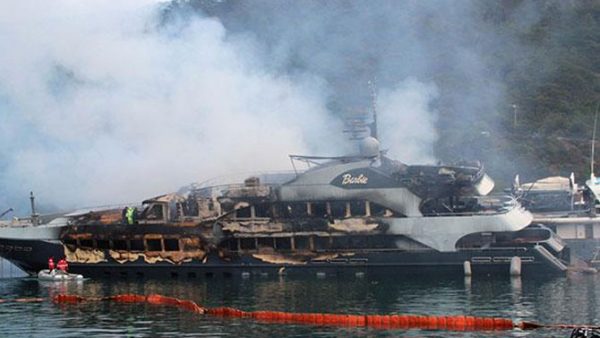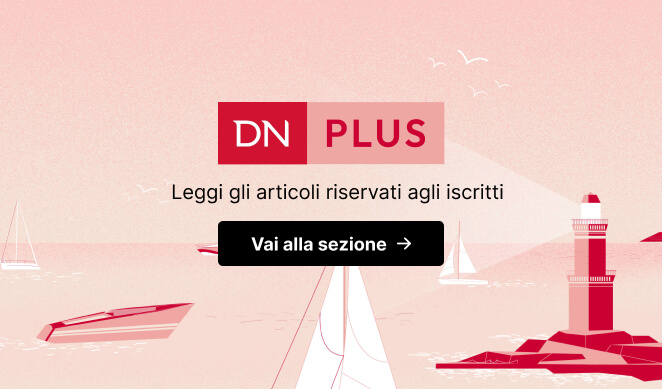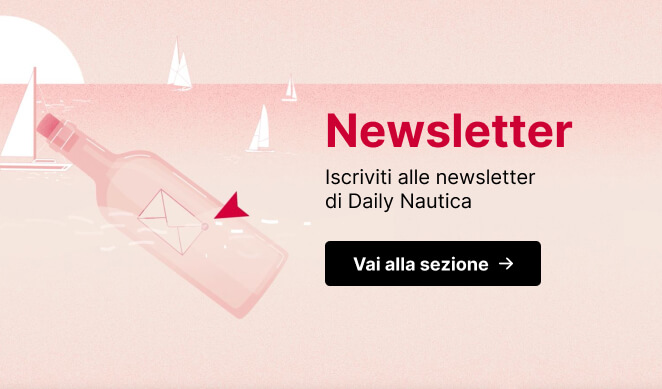Insurance: operator, do you know how to act?
In case of accident, making a claim with insurance companies is not always easy, this is how you can protect yourself with the help of a professional

Insurance: operator, do you know how to act?
In case of accident, making a claim with insurance companies is not always easy, this is how you can protect yourself with the help of a professional
It is the beginning of the year, and for many the time has come to renew their policies, be it the “classic” PL for vessels, hull and machinery or professional public liability, for the sailors.
With this article, the first of two dedicated to operators and sailors, we intend to give some useful advice to avoid, when you may need coverage from your policy or need to make a claim, having an unpleasant surprise from your insurance provider.
One case, not even that rare, is that regarding an event in which the operator is damaged: it could happen after an accident, the other insurance provider, having opened the settlement, informs you that the damage cannot be indemnified – sometimes not even explaining why – or, worse, enacting a strategy of inertia, without even saying anything to the damaged party.
In these cases, as we said, not as rare as you might think, the best strategy is preventative: in order to avoid, from the very beginning, lengthiness and a waste of time, the first step is to have an inspection done by a trusted inspector, regardless of whether or not there will be an inspection by the other insurance company, in regards to the damage suffered will be able to, objectively, provide a real calculation of the damage and dynamics of the accident, as well as the responsibility.
This gives you two advantages. The first is clearly referred to the evaluation of responsibility, the extent of the damages and a provisional valuation based on the policy, essential in this phase, to have a clear idea of the situation and the state of the procedure.
This is always useful: that the company do their duty or not, the calculation, given by a third party evaluation, will help you know, as a consequence if (even in the case of indemnity) the amount is effectively congruent and correspondent with the damages suffered.
But let’s move forward. Sometimes, however, the only way is represented by a phase of legal nature: often many damaged parties are forced to send the insurance company – via a lawyer – a summons.
This is when, statistically speaking, a phase in which the liquidator can finally propose a settlement offer to the damaged party that frequently, however, according to a number of solicitors, is often as derisive to seem ephemeral, even though sometimes this is not the case.
In this last phase, the path divides. In a first case, through the support of solicitors and consultants, the claim can finally be liquidated or, in the worst case, it goes into litigation.
And if, instead, despite everything, it is you who damaged someone? The same criteria certainly apply. Evaluating the responsibility and dynamics could, surprisingly, exonerate you or limit your liability. Having, however a parameter given by a third and independent party from yourself and the insurance company (or other bodies or authorities) is what could make the difference between paying out or being exonerated of liability.
At this point and in conclusion, we need to look at the truth: there are companies, including some of Lloyd’s underwriters who, contrarily to what we mentioned above, helped us write this article, and are fantastic for their seriousness and efficiency in evaluating and managing accidents for pleasure boaters.
Certainly, this is a good thing to consider in order to adequately choose the right company to insure your commodities.
Daniele Motta
Naval consultant
Tel. +39 389 006 3921
info@studiomcs.org
Topics: insurance problems, insurance special



